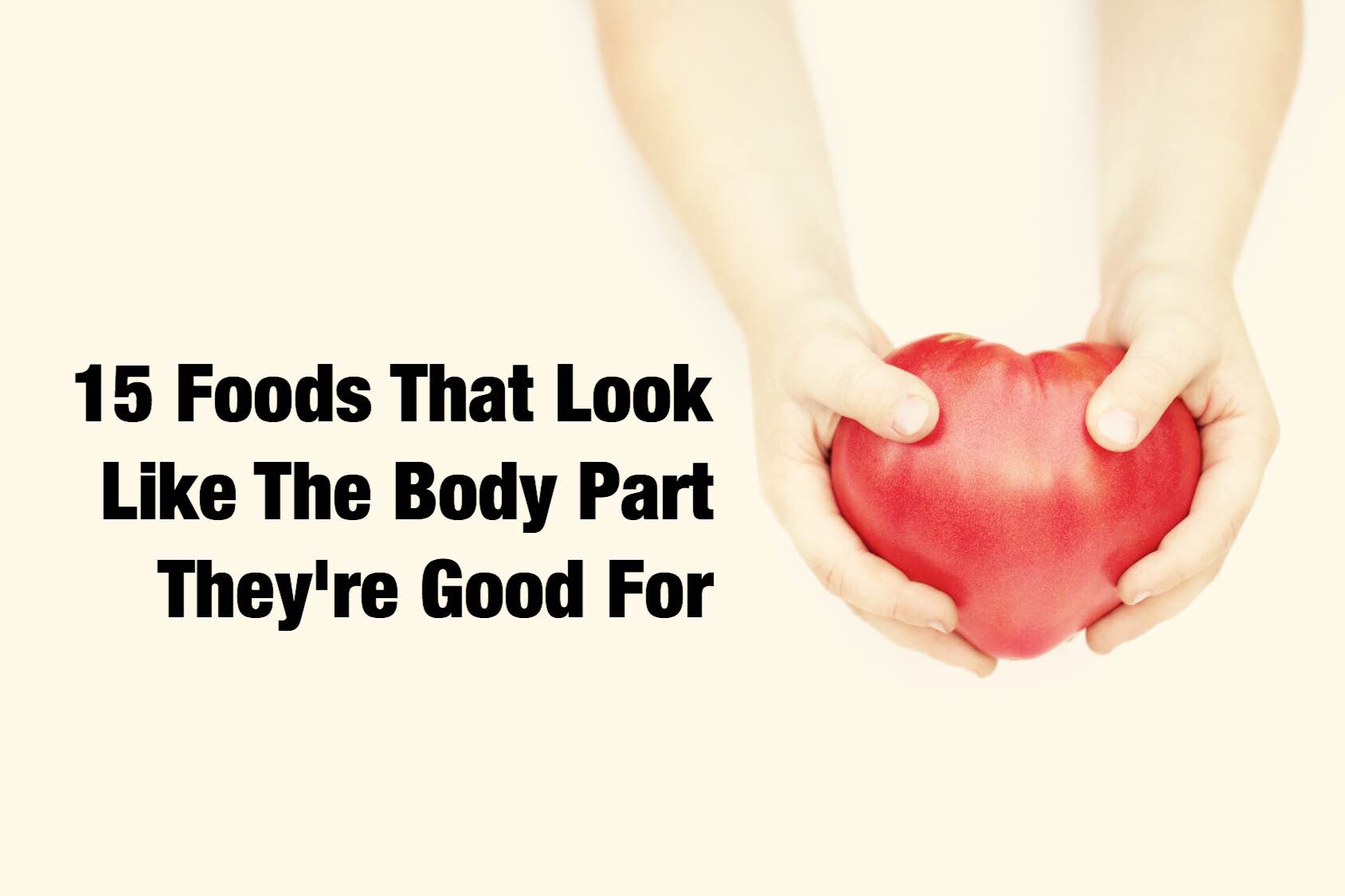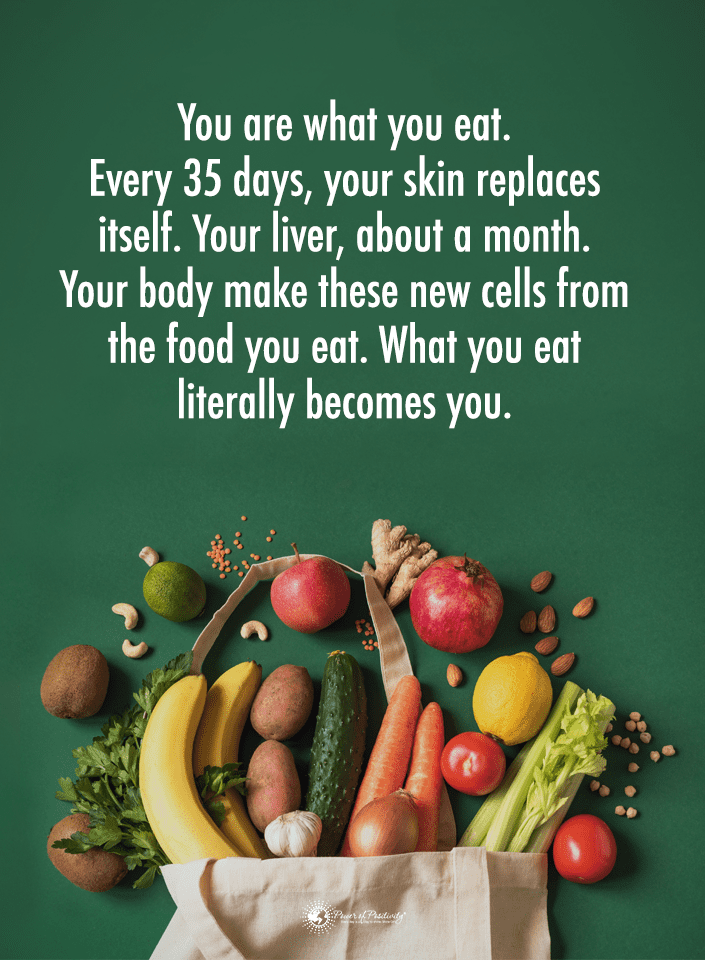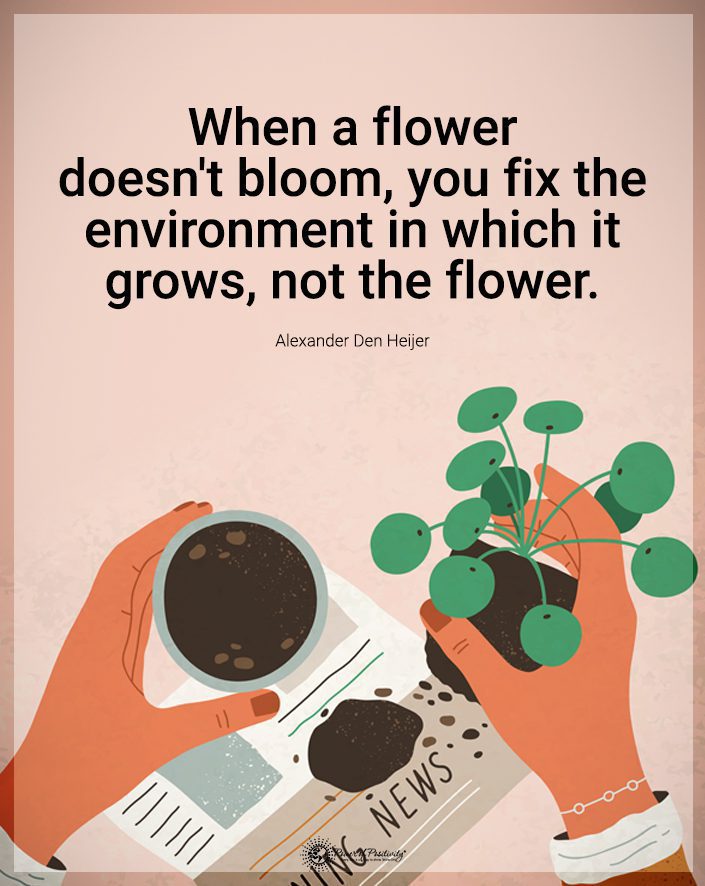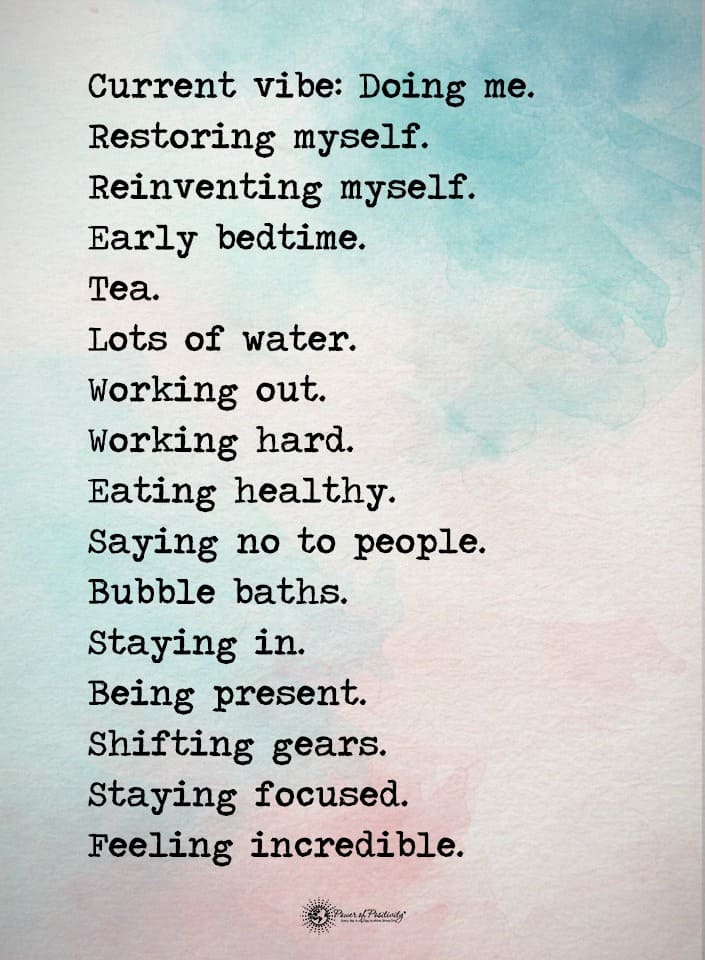It seems like everyone feels stressed out these days for various reasons.
According to the American Psychological Association, more than half of working adults feel concerned with the amount of stress they experience in their lives. Stress takes a toll on our mental health and can wreak havoc on our physical well-being. The survey found that people who experience a high level of stress have a greater risk of developing anxiety, depression, obesity, and hypertension.
The growing evidence about how deeply stress can affect our lives should make us reflect on our own lives and figure out what we can do to alleviate the stress we experience.
Here are seven habits of highly stressed people (and how to avoid them):
1. Drinking excessive amounts of caffeinated beverages
We hear conflicting reports all the time about coffee. Some people say we should avoid it like the plague. On the other hand, some researchers think it’s practically the elixir of life. Most people would never dream of giving up coffee, but drinking it excessively can negatively affect your health since caffeine is a stimulant. So drinking too much of it can make you feel overly anxious and contribute to insomnia, irritability, and digestive issues.
Try to limit your intake of caffeinated beverages to 400 mg per day, as this amount seems safe for most adults, according to the Mayo Clinic.
2. Seeing the negative in everything
If you always see the glass as half-empty, you probably have a high stress level. Pessimistic people tend to dwell on problems, and this fixation on negativity can ramp up your stress level.
When the world starts to look dark and depressing, remember to take a step back, breathe, and feel grateful for everything and everyone in your life. Putting things into perspective can help you find the beauty in life, even in adverse situations.
3. Obsessing over every detail of their lives
Highly stressed people tend to have a Type A personality, wanting to control every aspect of their lives and work hard to ensure that every little hair falls perfectly into place. However, this obsessive behavior can lead to unnecessary stress and anxiety and make you unable to adapt to new situations. Remember that you can’t control everything, so don’t try.
Only focus on things that you can change, and let the rest of the issues work themselves out.
4. Expecting perfection
Counting on perfection usually leaves us sorely disappointed as an extension of the last point. Perfection doesn’t exist, and trying to live within these parameters will surely leave you chronically stressed, unhappy, and bitter. Having unrealistic expectations of people and life, in general, doesn’t usually end well because mistakes happen. The sooner you accept this, the less stressed and anxious you will feel.
Instead of attempting to control everything and set impossible standards for yourself and others, do the best you can and accept everyone else’s best effort. In other words, choose to see the beauty in the imperfections.
5. Eating their feelings
Stress eating has practically become an epidemic, as people use food to deal with negative emotions. However, there’s a scientific reason why people choose to eat unhealthy foods to cope with stress. According to Harvard Health Publications at Harvard Medical School, our bodies release cortisol when we feel stressed, which can ramp up our appetite and lead us to make unhealthy choices. Not surprisingly, most people choose foods heavy in fats and sugars, which inevitably lead to weight gain if eaten in excess.
If you feel overly stressed, try to get to the root cause of the stress first, instead of reaching for unhealthy foods. The foods may seem comforting, but they only mask the real problem.
6. Overworking themselves
Work stress is also another growing problem, with 8 in 10 Americans stressed about their jobs, according to the third annual Work Stress Survey by Harris Interactive. Poor pay and increasing work hours topped the list of concerns for those surveyed, which should make us think about our chosen place of employment.
If you work at a job you don’t enjoy, plus you have to work long hours, you might think about getting a different job that suits your interests more and offers a better work-life balance. On the other hand, if you actually like your job but still work long hours, you should talk to your boss about cutting back your hours or have a conversation with yourself if you can’t seem to pull yourself away from work at a reasonable hour.
7. Thinking too much
Above all else, this one might take the cake for reasons people feel stressed. Our world runs on thinking, in our jobs, home lives, school, and everything else. We have to think to get virtually everything accomplished, but overthinking can lead to many issues later on. Our thoughts become things, and they become a reality. Thus, we must take care of them if we want to lead a happy, fulfilling life.
Try meditation or yoga if you find your thoughts spiraling out of control, so you can once again find your center and eliminate unneeded stress from your consciousness.
20 Positive Affirmations for Stressed People
If you’re a highly stressed person, you must learn to overcome the detrimental lifestyle. One way to do that is by using positive affirmations to overcome negative thought patterns. Affirmations can help you move forward with a fresh perspective, allowing you to release some tension and stress.
1. I take breaks and focus on self-care when necessary.
You’ll feel much better when you focus on taking care of yourself. Self-care is essential to living a healthy and fulfilling life. Don’t miss out by putting yourself last or overloading each day.
Take breaks before you start feeling overwhelmed or stressed. If you get ahead of the problem, you’ll learn to prevent it while enjoying your life much more. Care for yourself mentally and physically, and make time to do things you like to do.
2. I am relaxed, and my mind is calm.
By telling yourself that you are relaxed and calm, you’ll feel the tension slip away. Repeat this affirmation each morning to start your day on a positive note. You can also use it before bed after a particularly stressful day.
It might help if you use visualization along with the affirmation. As you speak, envision the stress flowing out of your body. It’ll help you release the tension and refocus your thoughts.
3. I get through the tough times in my life.
Life isn’t always perfect, and you’ll always run into tough times. It can be hard to see that you’ll get through it when dealing with hardship. If that’s the case for you, repeat this affirmation each morning.
This affirmation will help you notice your progress each day, no matter how minimal. When you know that things will get better, you’re more likely to look for positivity around you.
4. I look forward to the opportunities of tomorrow.
Tomorrow is a new day and another chance for positive progress. This affirmation is good to use during your bedtime routine because it helps release your negative thoughts. Acknowledging that tomorrow is a fresh start allows you to feel better tonight and stay focused in the morning.
Even if yesterday and today were hard, you never know what tomorrow holds. Please don’t go into it with a negative mindset when it could bring fulfilling or meaningful moments.
5. I feel the tension leaving my body.
Look at yourself in the mirror and repeat this affirmation when you feel stressed. It will help you eliminate your negative thinking and relax your body. Telling yourself that something is happening can convince your mind that it truly is, making this affirmation powerful.
6. I release those things I can’t control.
You can’t control everything, and you must acknowledge it. This positive affirmation for stress can help you let go of things when necessary. It’ll also save you from disappointment because you already know that you can’t always control things.
Life is unexpected, and you never know what to expect. While you can hope things will go your way, there will be times when you can’t make it happen. It’s okay, and letting go will ease your stress.
7. I know that this situation will pass, and I am okay.
When you experience hardship, remind yourself that it’ll pass. Things change in life, and you’ll soon find that life gets better. When you remember that the situation will ease, you’ll feel okay and ready to face the problem.
If you have the hardship to deal with that day, use this affirmation during your morning routine. However, if you struggle during the day, you can use this phrase at night. Either way, it’ll help you refocus and take a relaxing breath.
8. I am focusing on positivity in my life.
Positive things are happening all around you, even when you’re stressed. If you can focus on those aspects, you’ll feel the tension leave your body. As you repeat this affirmation, think about the good things in your life.
If it helps you remember, consider making a list of good things in your life. Start with the most important things, and then move on to other things that bring joy. When you list all the positive things in life, it helps you remember how fulfilling your life is.
Plus, making a list helps you recall positive aspects while you repeat the positive phrase. Before you know it, you’ll feel less stressed.
9. I am pushing through and staying strong.
When you feel stressed, the best thing you can do is give yourself props for dealing with it. Every day you wake up and try again is a victory.
Use this affirmation to remind yourself that you’re doing a great job pushing through. It might take work to stay strong, but you’re making progress each day.
10. I trust myself and my intuition.
You can become stressed if you worry about your decisions and life choices. If that’s the case, then this affirmation is for you.
When you tell yourself that you trust your intuition, your mind will process it as the truth. If you say it enough, you’ll believe it and feel better about your choices. You’ll also feel better about upcoming decisions, knowing you have a positive intuition.
11. I deserve peace and happiness in my life.
If you don’t feel like you deserve peace and happiness, you’ll frequently feel stressed. However, you deserve those things, and you must acknowledge them. No matter what happened in the past, you can and should find peace. This affirmation allows you to be open to positivity in your life.
12. I am making positive changes in my life.
Sometimes the best way to relieve and prevent stress is to make positive changes. As you repeat this affirmation, think about the areas of your life that cause the most stress. It’ll help you recognize what you must do to make things better.
With the positive change, everything about your life will improve. You’ll feel better, and life will seem more meaningful and fulfilling.
13. I can handle any situation effectively.
You can handle anything that comes your way, and you shouldn’t doubt your abilities. Repeat this affirmation each morning until you believe it. Then, when obstacles or hardships occur, you’ll have a positive mindset to overcome the situation.
14. I am doing the best that I can right now.
No one is perfect, and striving for perfection can cause constant stress. This affirmation reminds you that you don’t always have to perform better than others.
When you’re in a difficult position, it only matters that you do the best you can at any moment. Doing your best is something to celebrate, so don’t let it cause stress.
15. I am the only person who can control my life.
If you are unhappy with your life, you must make a change. No one else can change your life because you are the only person in control. Use this affirmation as a reminder that you can make changes. You can’t wait around for anyone else to do it for you, or you’ll continue feeling stuck in this position.
16. I am releasing all stress and focusing on relaxation.
This affirmation will help you let go of stress and tension, leaving space for relaxation. When you focus on relaxing, you’ll prioritize self-care and taking breaks. Even with a busy lifestyle, you must take the time to let loose and destress.
17. I recognize the small moments of peace each day.
When you look for moments of peace, you’re more likely to embrace them. These moments can come while sitting in traffic or waiting for a meeting to begin. Anytime you have a few minutes with nothing to do, you can use it for positivity.
It’s sometimes difficult to accept these moments and easy to fill them with negative thoughts. However, using this affirmation each morning can beneficially help you utilize each moment.
18. I am prioritizing the things that make me feel at ease.
This affirmation will help you think of the things that bring meaning to your life. It’ll allow you to focus on things that bring peace and happiness, eliminating stress.
The things you prioritize could include spending time with your kids or spouse, or it could involve your hobbies. Whatever it is that makes you feel less stressed are the things you should prioritize each day.
19. I am overcoming every hardship and obstacle.
You might not realize it, but you get one step closer to overcoming obstacles each day. When you wake up and start your day, you’re closer to getting through the hardship. This affirmation reminds you of your progress and allows you to embrace the journey.
20. I know there is more to my life than stress.
When you frequently experience stress, it’s hard to see beyond it. However, remembering that there’s more to your life can help with peace and happiness. Even when things don’t go as planned, you still have good things in your life.
Final Thoughts On Moving From Stressed To Blessed In Life
Highly stressed people often have specific habits that contribute to their stress. Learning about these habits can help you make a beneficial change in your life. With less stress, you’ll realize how fulfilling and meaningful your life is right now.
Using affirmation to overcome stress can also help you form better habits. The phrases promote a positive mindset, helping you handle and prevent stress better than before. You don’t have to feel stressed all of the time, and following this advice can make a difference.












